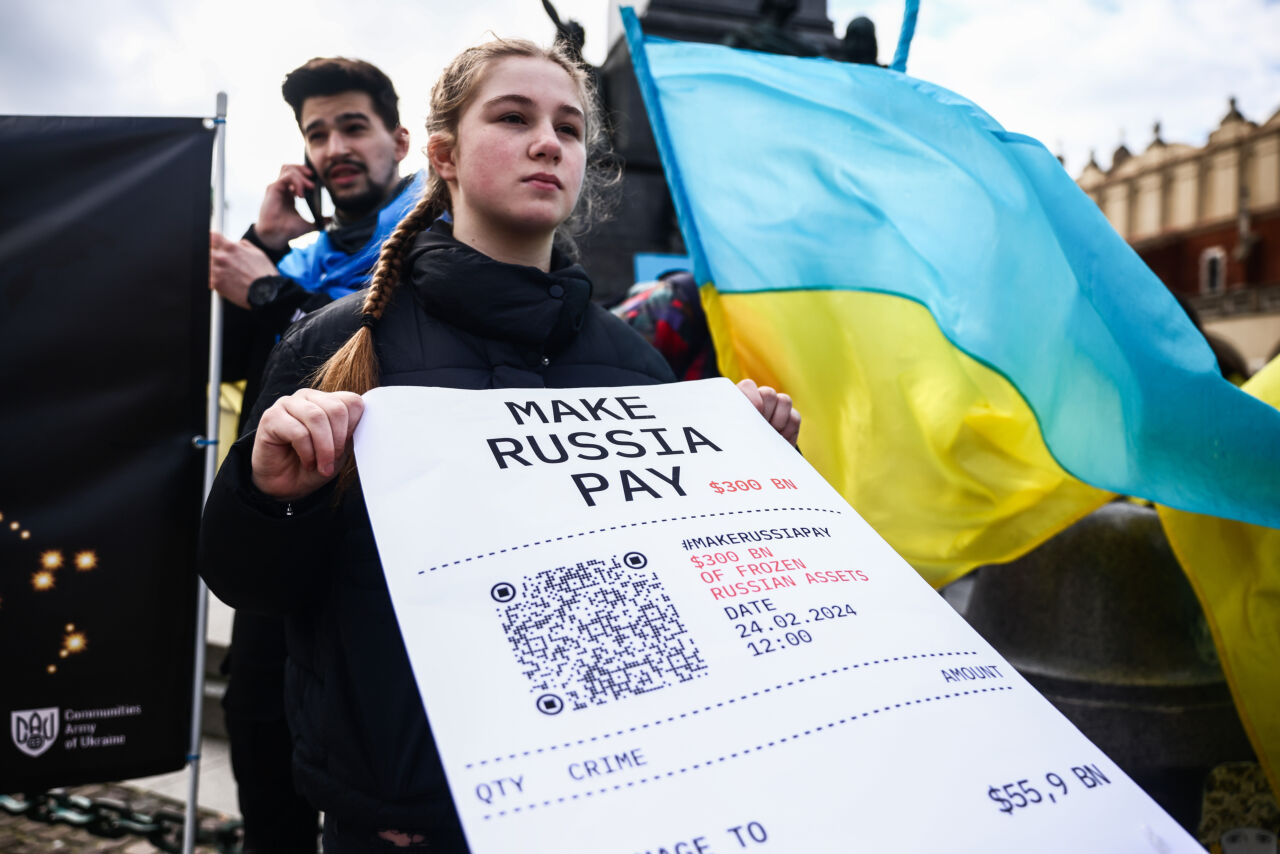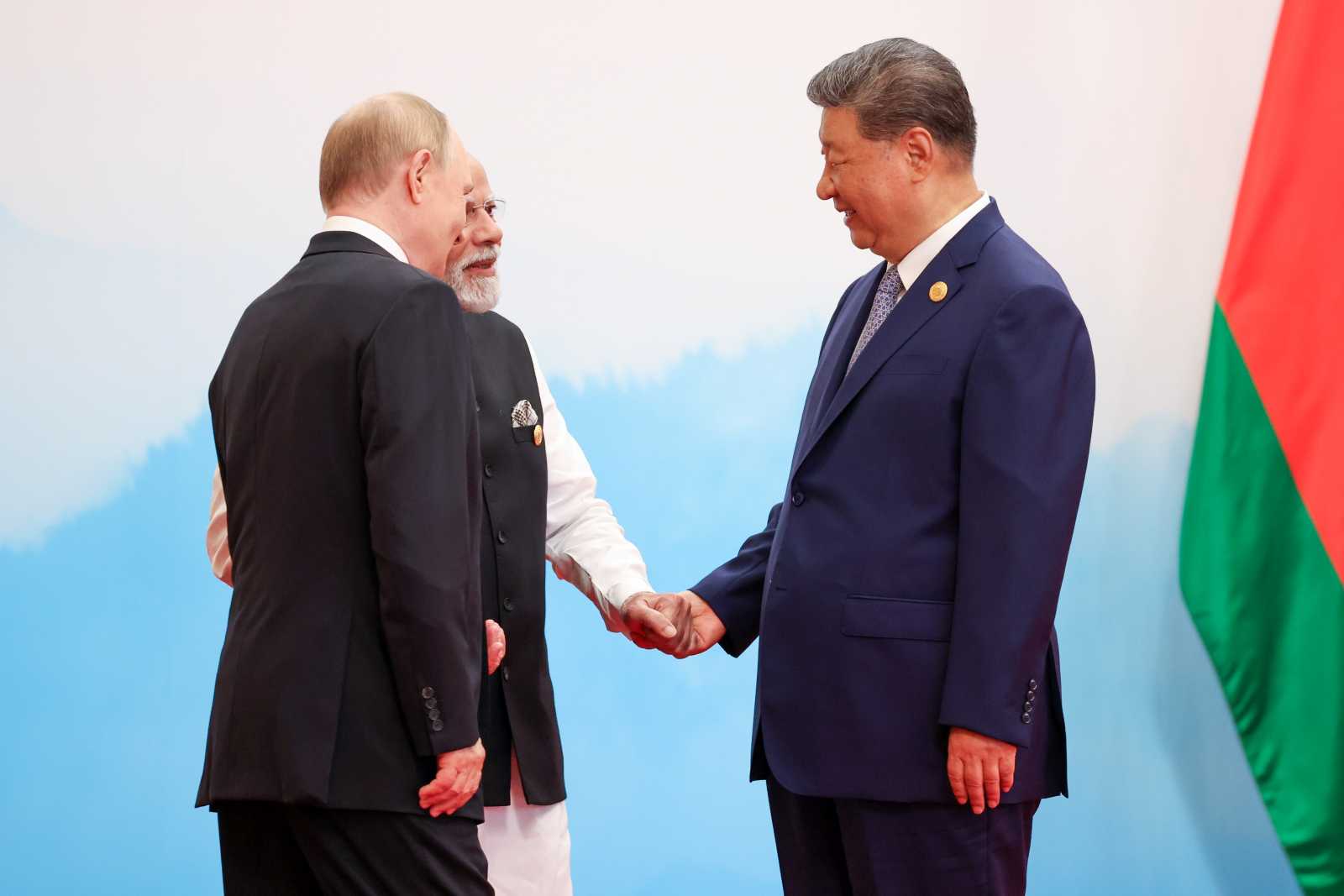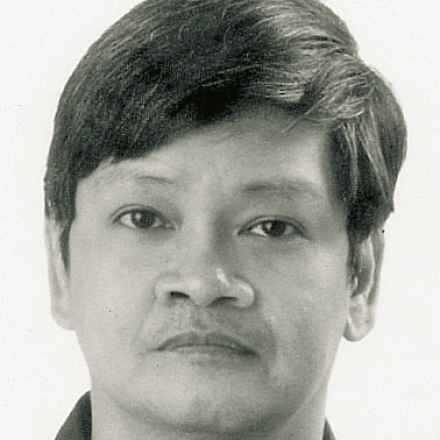Sanctions
Advantages and pitfalls of sanctions

Sanctions influence not only international trade flows and relations between states but also global politics as a whole. Major powers and coalitions of states increasingly resort to sanctions in response to violent conflicts or human-rights violations – for example in the wake of Russia’s assault on Ukraine in February 2022. Sanctions have never been used as frequently as they are today – and have never been imposed on so many targets.
Around 200 sanctions programmes are currently in place against 70 countries, most of them imposed by the US, the EU and the UN, writes political scientist Christian von Soest in his book “Sanktionen – Mächtige Waffe oder hilfloses Manöver?” (“Sanctions – powerful weapon or feeble manoeuvre?”). He explores questions such as: What do sanctions achieve? What are the risks and side effects? Do they perhaps do more harm than good? Von Soest is head of the “Peace and Security” research programme at the German Institute for Global and Area Studies (GIGA) in Hamburg.
He argues that the impact of sanctions should not be overestimated. They may be an important instrument for exerting power and maintaining order in international politics, he writes, but they do not work miracles and they are not the answer to every foreign policy problem. Sanctions cannot be expected to prompt the target to adopt an immediate change of policy; their impact is more medium to long term.
Von Soest distinguishes between three functions of sanctions:
- Coercing: forcing a change of course;
- Constraining: limiting scope for action, e.g. by imposing arms embargoes or halting the supply of important electronic components;
- Signalling: symbolic policy designed to show sanctioned parties and potential imitators that violations of the law will not be tolerated but severely punished.
Sanctions circumvented by the ruling class
The type of sanction is also important. Von Soest finds, for example, that trade sanctions have often failed to reach the ruling class of targeted countries. They have found ways to circumvent the sanctions, while the general public – especially the poorest people – have suffered massively from the restrictions. Sanctions should therefore be more targeted.
Von Soest distinguishes between three types of sanctions:
- Financial sanctions: e.g. decoupling from the international banking system (“de-swifting”) and interruption of financial flows;
- Trade sanctions: e.g., interruption of the supply of arms and high-tech products;
- Individual sanctions against persons and organisations.
As the author explains, the coercive instruments have different impacts, depending on the political situation of the country sanctioned. Regimes with a strong ruling ideology have tended to portray external pressure as an assault on the nation as a whole. This can prompt people to ‘rally round the flag’: The public are encouraged to support the government, while the opposition faces repression from the police and military.
Accelerating change
However, von Soest finds that sanctions can trigger change under certain circumstances. In South Africa, for example, sanctions helped bring about change by fuelling the economic and government crisis faced by the apartheid regime and fanning the flames of protest in the country.
Von Soest points out that those imposing sanctions must always consider the impacts of the coercive instruments they employ – both on the target country and at home. On the one hand, sanctions have a domestic political dimension, affecting both the national economy and the local population. This was made very clear by the discussions surrounding Germany’s rapid phase-out of Russian oil and gas. On the other hand, sanctions can also prompt countermeasures. What is more, they rarely bring about an immediate change of course in the targeted country. So, they require long-term commitment and support in the sanctioning country.
Principles for sanctions policy
According to von Soest, basic rules for the application of sanctions include:
- They should always be a last resort – and only part of the response.
- Sanctioners should forge the largest possible coalitions so that coercive instruments are effective and legitimate.
- Sanctions need to be explained better to the public; the demands associated with them need to be attainable; and sanctioners need to relax their coercive measures in the event of a change of course.
- The cost to the sanctioner’s own economy needs to be considered and local companies need to be prevented from circumventing the restrictions.
- Sanctioners should consider the end of coercive measures from the outset, develop exit scenarios and set milestones.
- Policymakers should be aware of the downsides of sanctions. For example, tough sanctions invariably create a humanitarian dilemma. Coercive action should therefore be specifically targeted at policymakers and selected economic sectors.
- Sanctions that have been approved need to be implemented more consistently.
Sanctions are unlikely to be dropped any time soon as a tool of international influence. They are an expression of conflicts, and there are more than enough of them in the world today: from the wars in Ukraine and Gaza to tensions between the big trading powers, above all the US and China. This is regrettable, not least because the global community should actually be pulling much harder together – to overcome global crises such as the climate catastrophe and species loss and to achieve the UN Sustainable Development Goals (SDGs).
Book
Von Soest, C., 2023: Sanktionen. Mächtige Waffe oder hilfloses Manöver? (“Sanctions – powerful weapon or feeble manoeuvre?”) Frankfurt, Frankfurter Allgemeine Buch. (Available only in German.)
Dagmar Wolf is D+C/E+Z’s office manager.
euz.editor@dandc.eu















